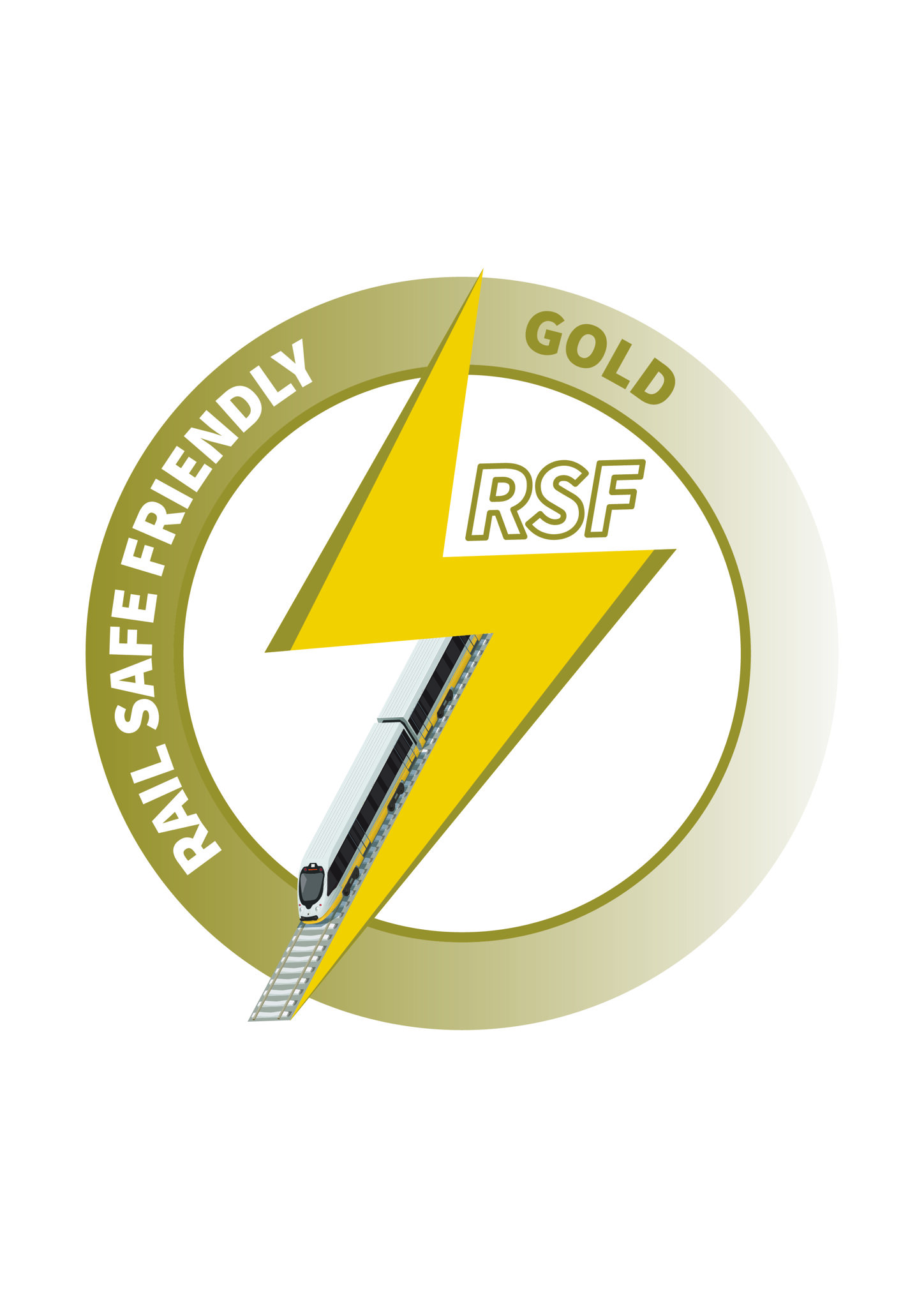Welcome to the Ferndale family, where we aim to fulfil our motto for all to ‘belong-believe-achieve’. We pride ourselves in our values of honesty, respect, teamwork and equality, and welcome those who wish to share these with us. We are blessed with our children, our grounds and our staff. We strive for the best in everyone and plan our curriculum around the drivers of aspiration, inspiration and inclusion.
Mrs R. Gillett
.JPG)
.jpg)












.png)
.png)

.png)
